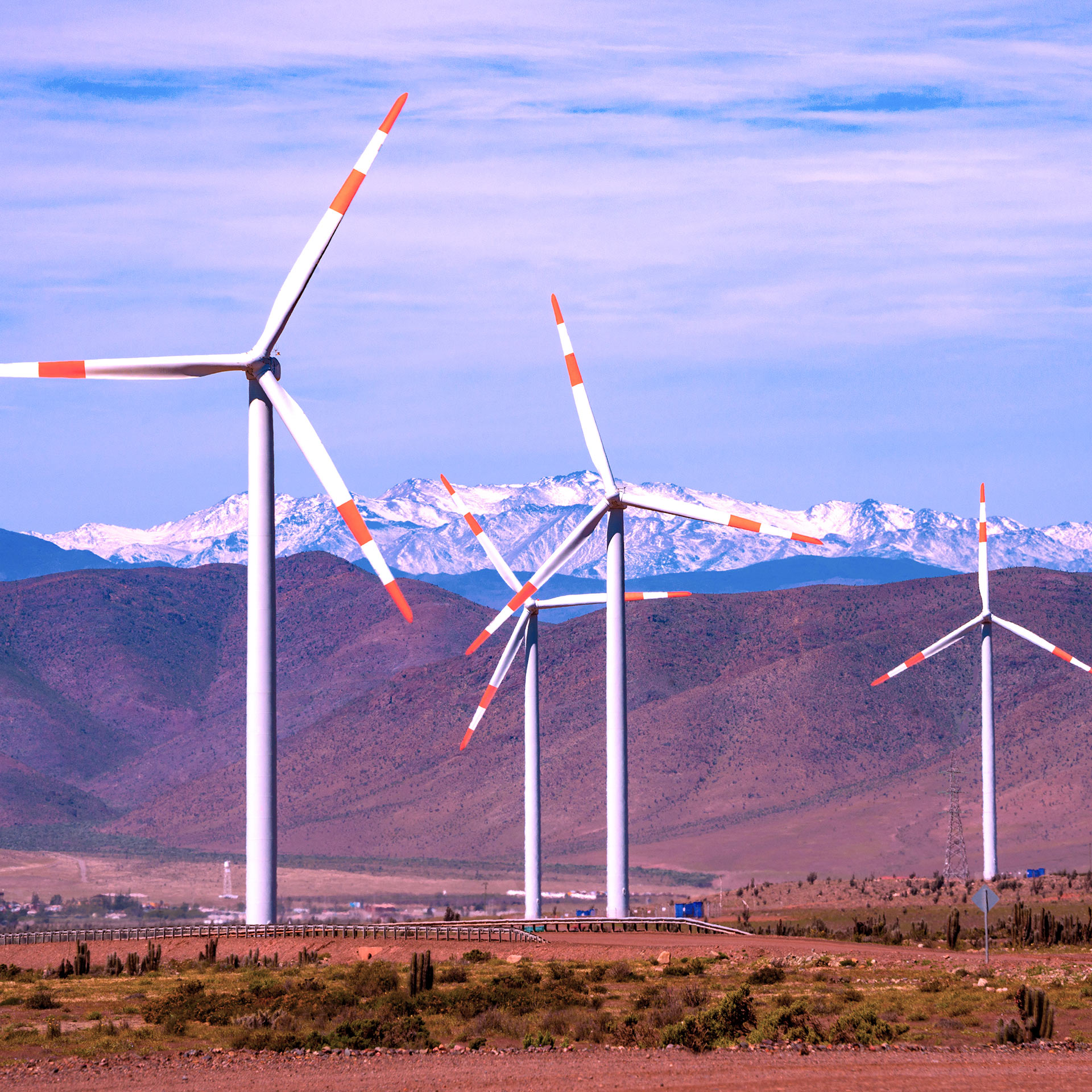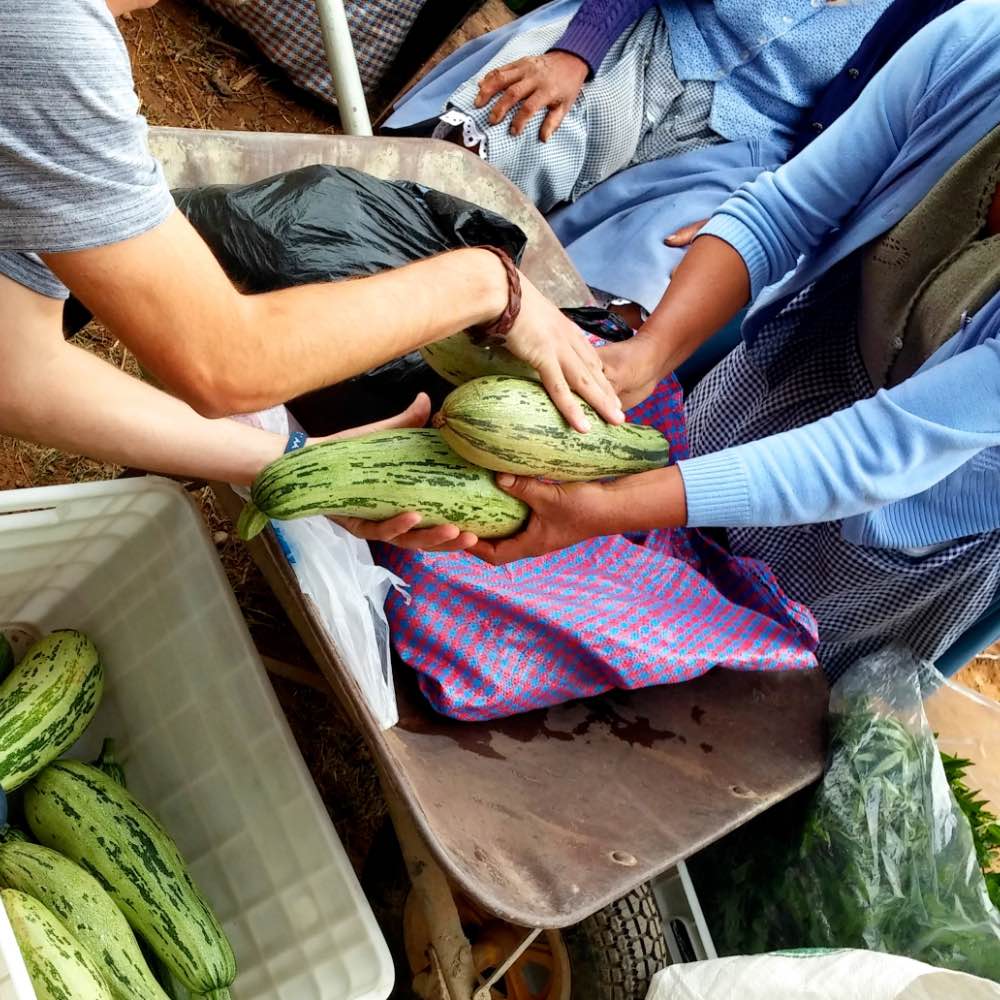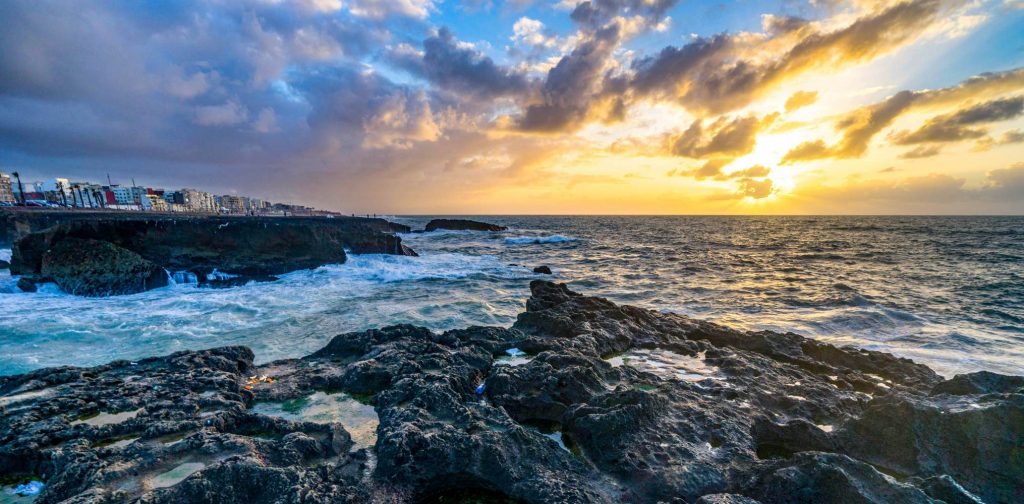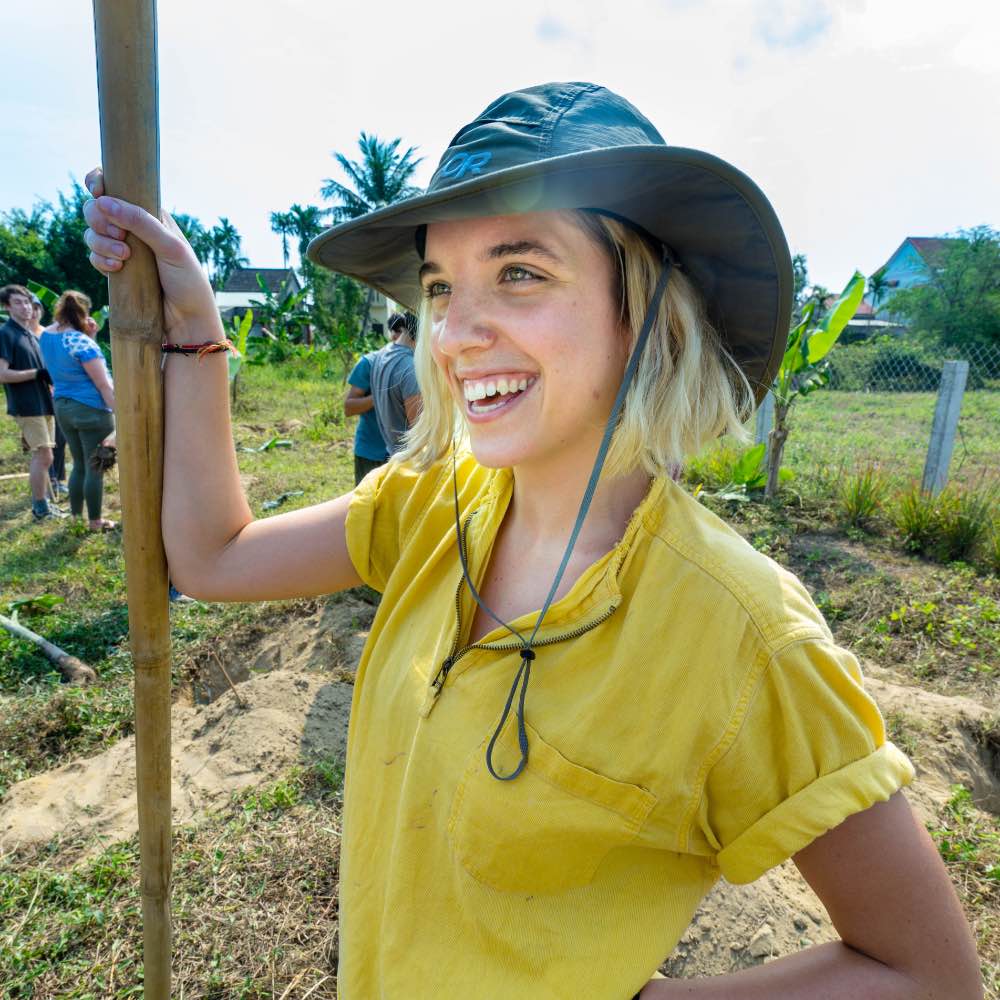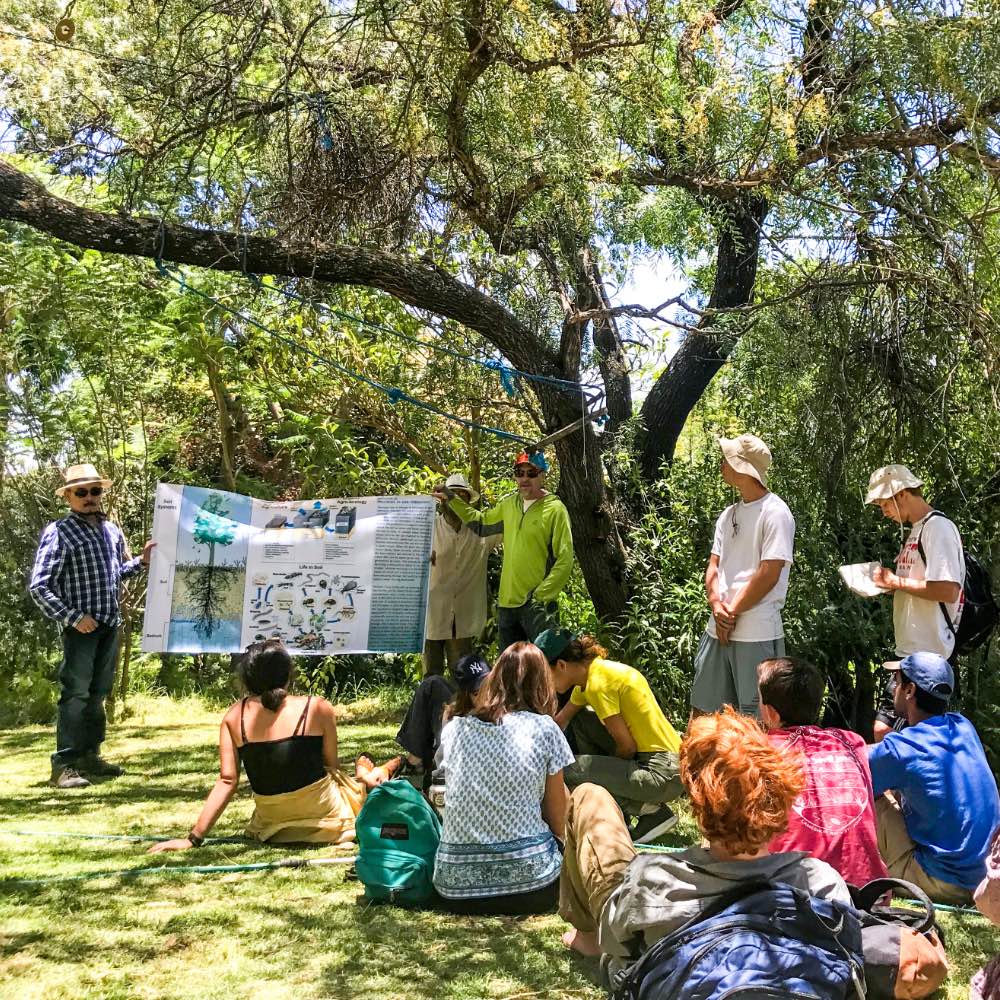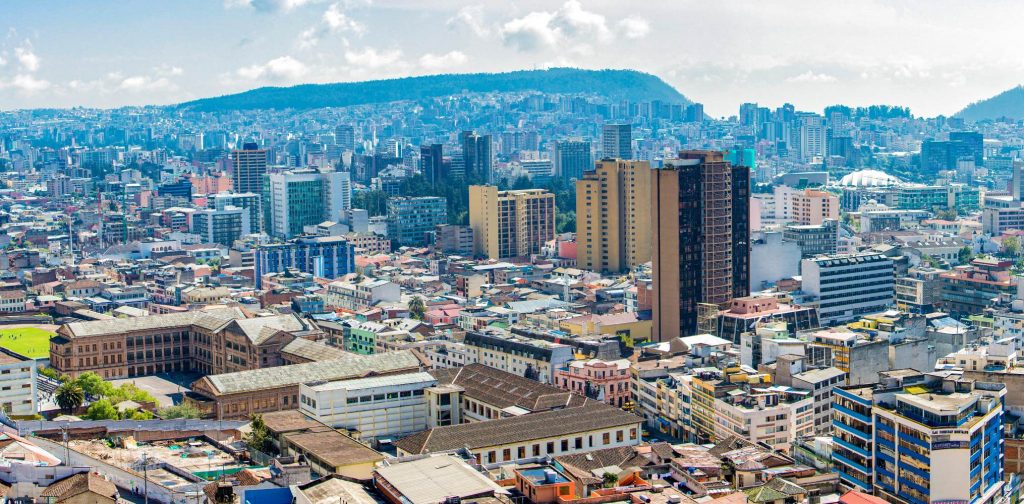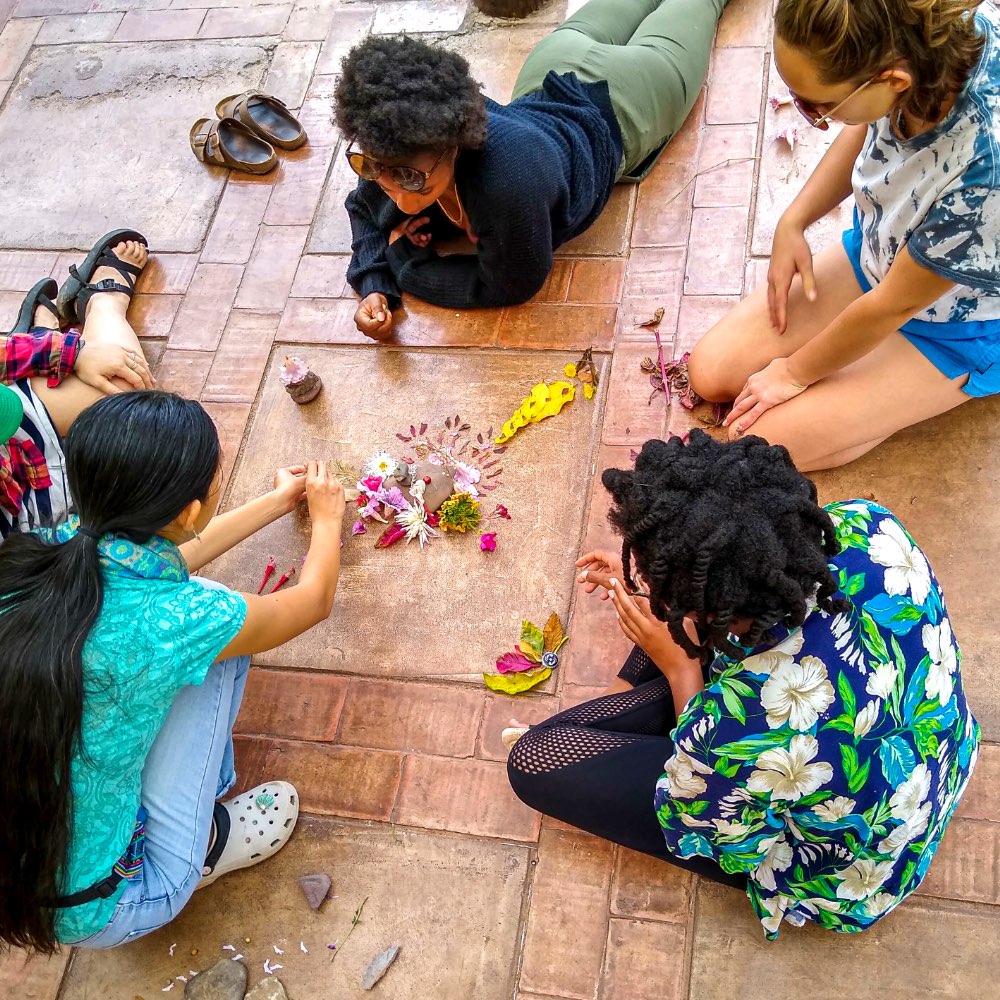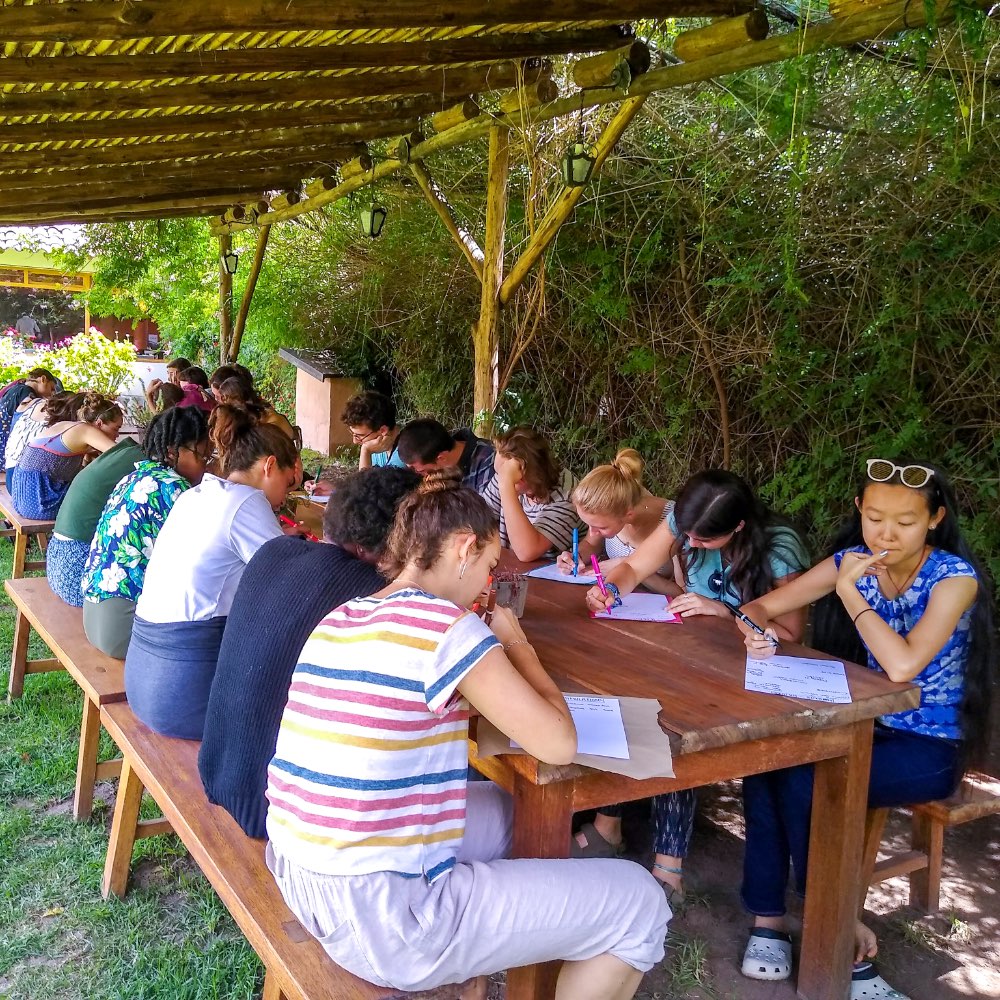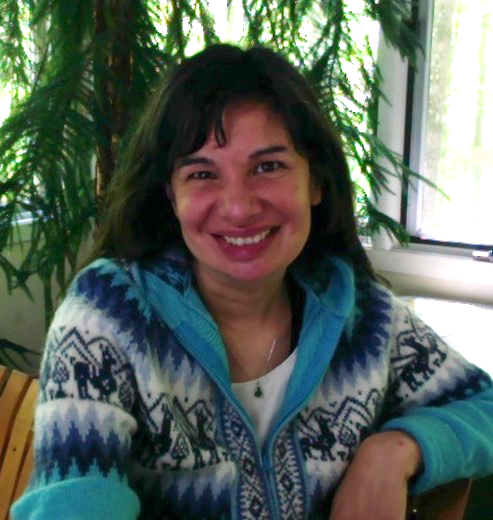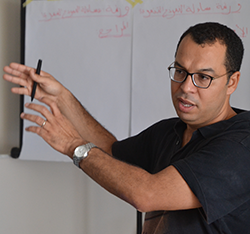Overview
Why a Comparative Study of Climate Change?
Explore some of the world’s most productive, unique, and vulnerable landscapes to witness how climate change impacts regions differently and how communities are responding to the climate crisis. In four profoundly different cultural, historical, and socioecological contexts, three of which have UNESCO World Heritage status, you will analyze the challenges of working toward more equitable food, water, and energy systems. Examine the problems and possible solutions for environmental justice with researchers, farmers, renewable energy producers, water managers, activists, non-governmental organizations, government officials, and policymakers.
In Ecuador, you will explore resilience strategies in and around Quito and travel to the Galapagos Islands to understand the threats of climate change and the challenges of decarbonization in a country with significant oil reserves. In Morocco, you will meet farmers striving to preserve and maintain their agricultural and water management practices and understand how the country, which has few fossil fuels, is navigating the transition to renewable energy. In Nepal, you will witness the accelerating impacts of climate change on high mountain ecosystems and explore numerous initiatives to tackle these challenges. Interact with renowned experts, see protected wildlife in Chitwan National Park, hike to Kapuche Glacier Lake, and learn about successful community forest conservation initiatives.
Photos on this page may depict program sites from previous semesters. Please view the Program Sites section of this page to see where this program will travel.
Highlights
- Meet Florida water and energy providers, farmers, land managers, and community justice groups in Miami coping with the impacts of climate change and fighting for social change.
- Experience the unique biodiversity of the Galapagos Islands and learn about the ongoing efforts to protect it.
- See how agriculture and energy policy impact Indigenous and local communities in drought-prone Morocco.
- Examine the challenges surrounding sustainable development, community-managed forests, and the linkages between food, water, and energy systems in Nepal.
Prerequisites
None, although previous coursework in political science, economics, or environmental science is recommended.
Earn a Minor
Students studying on this SIT semester-length program can choose to simultaneously complete a minor, with no additional coursework or cost. At SIT, a minor is a minimum of 16 credits taken within a content area. This standout credential can help boost your future job or graduate school applications.
The environmental studies minor provides students with a field-based, interdisciplinary understanding of climate change, exploring its scientific basis as well as its political, economic, social, and ecological effects.


